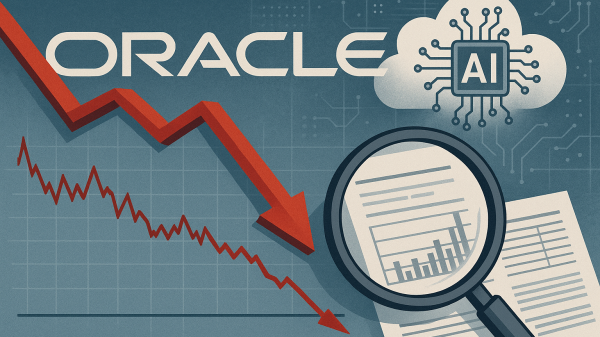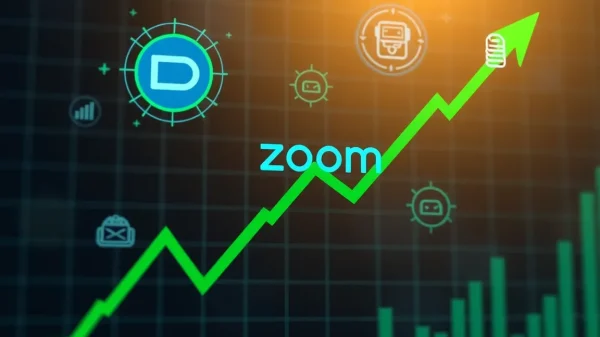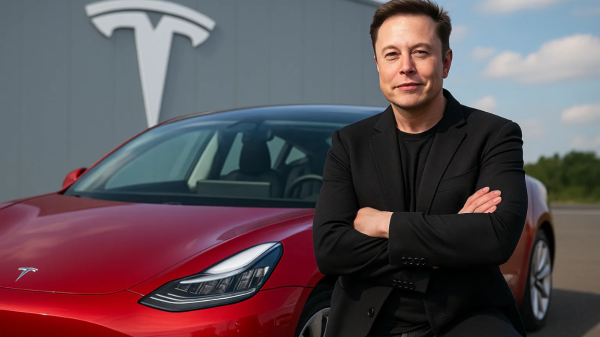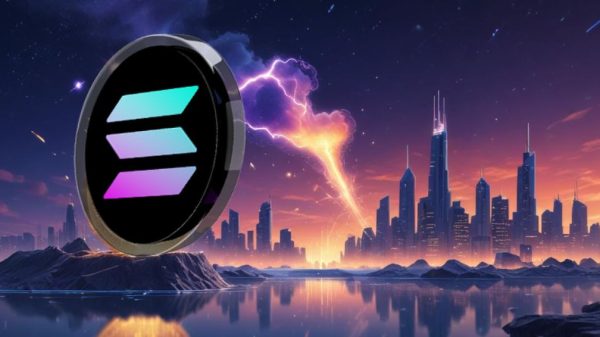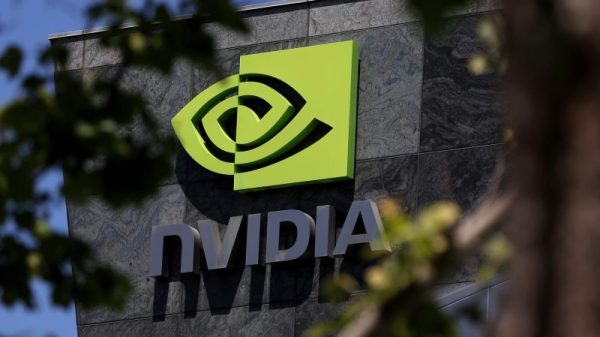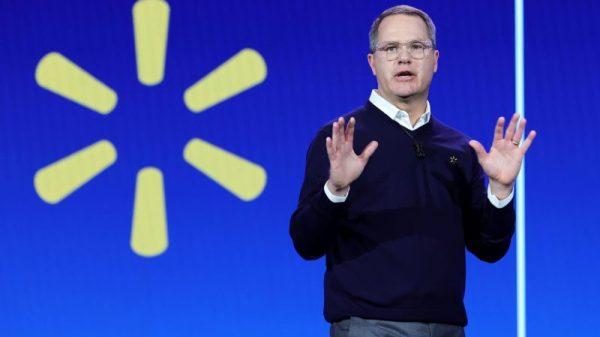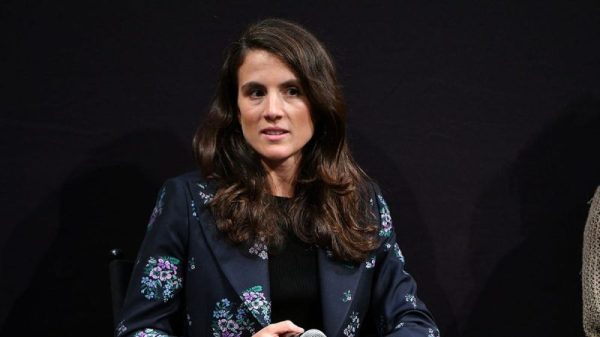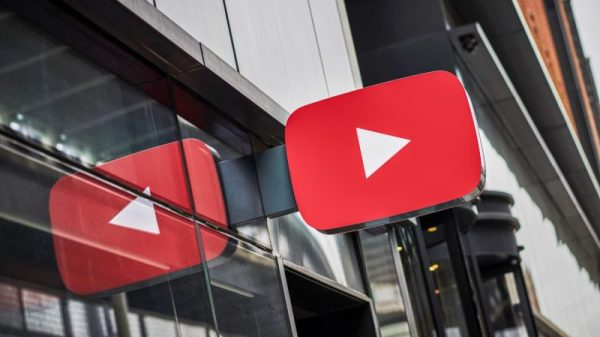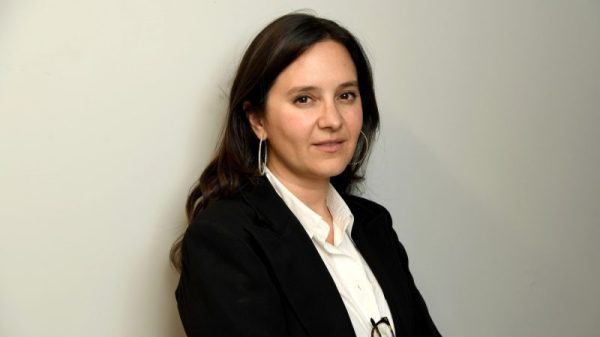Google’s quantum leap sends a shockwave through the world’s tech stack, as the tech giant unveiled a new quantum computing milestone, said to cut certain computational tasks from thousands of years to minutes.
The company has announced a verifiable quantum-advantage result, the Quantum Echoes experiment on the Willow processor, demonstrating a task that ran roughly 13,000× faster than the best-known classical algorithm.
While the experiment is still confined to the lab, experts warn the implications won’t stay there for long.
If validated at scale, the breakthrough could redraw power structures in AI, cybersecurity, and critical infrastructure, faster than regulators can blink.
Google’s quantum leap can transform AI computing economics
Today’s AI progress is bottlenecked by hardware. Even with trillion-parameter models and hyperscale GPU clusters, training takes weeks, and inference burns through megawatts.
Google’s new quantum result hints at a future where once “impossible” optimization and simulation tasks in AI could become trivially cheap.
Quantum processors don’t simply run faster; they compute differently. For AI, that could rewrite two fundamentals:
1) Model search and training: Quantum-accelerated optimization could compress months of compute into hours, enabling architectures and learning techniques we haven’t even explored because they are too expensive to try.
2) Inference speed and edge dominance: If quantum-class acceleration leaves current chips in the dust, the first companies to pair AI + QC at scale could hoard both performance and strategic moats.
The geopolitical layer is just as explosive. The US, China, and the EU are already treating AI computing as a strategic weapon.
A credible quantum edge would not just improve AI systems, it would tilt the entire AI race.
If OpenAI, Google, or a sovereign lab plugs quantum into frontier model training before others, the delta could look less like an upgrade and more like the jump from horseback to rockets.
Cryptography and global tech security are now on a fuse
Modern cryptography, including the protocols that secure banks, clouds, defense systems, and phones, rests on math problems that are deliberately hard for classical computers.
Quantum machines are built to kill that hardness. Google’s advance does not yet break RSA or ECC, but it shows the “decades away” comfort window is shrinking.
That accelerates three cascading risks:
1. Silent decryption of stored traffic: Adversaries are already harvesting encrypted data today to decrypt later with quantum tools.
2. Infrastructure exposure: Satellites, payment rails, and smart-grids were never designed for a world where their keys can be shredded like tissue.
3. Regulatory whiplash: Governments may now rush to mandate post-quantum cryptography, forcing banks, clouds, and telcos to rebuild security layers — at massive cost and under time pressure.
The deeper disruption is strategic, not technical: whoever reaches usable quantum first can pierce secure systems without being seen, a once-per-civilization shift in informational power.
Google’s new milestone does not deliver that capability today, but it moves the Overton window from “someday” to “soon,” and from theoretical physics to boardroom risk.
The countdown has effectively begun, and this time, the lead will not belong to whoever just trains the biggest model, but whoever controls the machine that breaks the world’s assumptions.
The post How Google’s quantum breakthrough could disrupt AI, cryptography, and global tech appeared first on Invezz

